This article was first published 14 years ago
Home »
News » Part 2: Kapil Sibal on why Lokpal could harm India
Part 2: Kapil Sibal on why Lokpal could harm India
Last updated on: July 4, 2011 14:45 IST
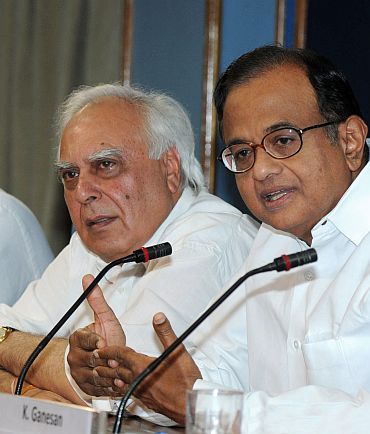
In the second and final part of his analysis of the draft Lokpal Bill, Union Minister Kapil Sibal lists out how the Lokpal could be detrimental to the functioning of the judiciary and the exucutive
Part I: Lokpal: Cure worse than the disease
The jurisdiction of the Jan Lokpal Bill is all pervasive. It covers all public servants including members of the higher judiciary. This legislation seeks to break new ground.
It is an attempt to reign in and discipline members of the higher judiciary. This has far reaching consequences.
First, some eminent jurists believe it might fall foul of the basic structure of the Constitution.
The autonomy and independence of the judiciary is protected under the Constitution, which allows a member of the higher judiciary to be removed only through the cumbersome impeachment process. The intent was to ensure that justice is administered without fear or favour. Instead, we need a robust Judicial Accountability Bill.
...
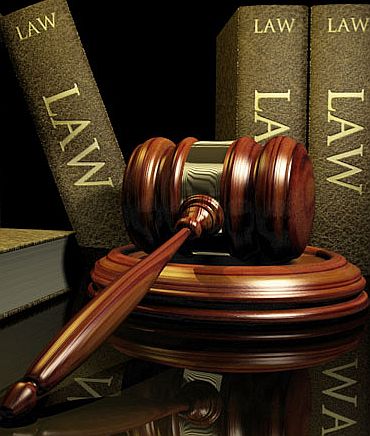
The Jan Lokpal Bill provides an alternative machinery wherein 11 unelected wise men will have the sole authority to prosecute a member of the higher judiciary. The consequences are even worse, when you consider that under it the Jan Lokpal Bill will have independent investigating and prosecuting agencies.
No judge will ever dare differ with the views of a prosecutor of the Jan Lokpal since he might face prosecution himself if his orders are misunderstood.
One of the litigants to a dispute is always unhappy with the outcome of a court proceeding. Presently, unhappy litigants are willing to face the wrath of the court by hurling unsubstantiated scandalous allegations against judges.
With the Jan Lokpal in place, these allegations will be made on a daily basis, threatening the autonomy of the judicial process, vitiating the course of justice. We cannot allow this to happen.
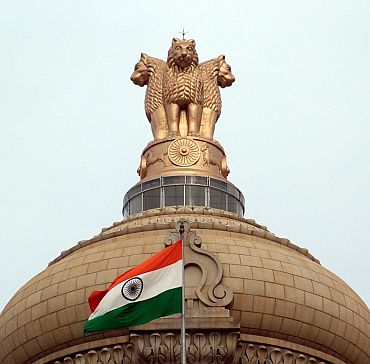
The second matter of concern is that the Jan Lokpal seeks to arrogate to itself the power to discipline government servants. This would require a constitutional amendment.
At present, the tenure of a government servant is protected by the procedural requirements embedded in Article 311 of the Constitution.
Besides, the quantum of punishment is required to be determined by the Union Public Service Commission on a reference made to it under Article 320 (3)(c) of the Constitution.
In the event of such an amendment, the Jan Lokpal will have the authority to discipline all employees of the central government. This is a directional shift from the existing Constitutional structure and interferes directly in matters of mal-administration.
This will paralyse government functioning.

Government servants will be fearful of possible disciplinary proceedings and loath to obey the hierarchy of officers above them. No government can and should allow this to happen.
Everyday complaints will be lodged by government servants against each other to settle personal grievances. Decision-making will be a casualty for fear of a complaint by a colleague.
Those far removed from administration are providing solutions, which are both utopian and impractical.
The Jan Lokpal also wishes to bring the office of the Prime Minister under its jurisdiction. In a democracy, all public servants are accountable. None can object in principle to such a proposition.
The issue is whether the Jan Lokpal consisting of 11 wise-men should be given that authority?
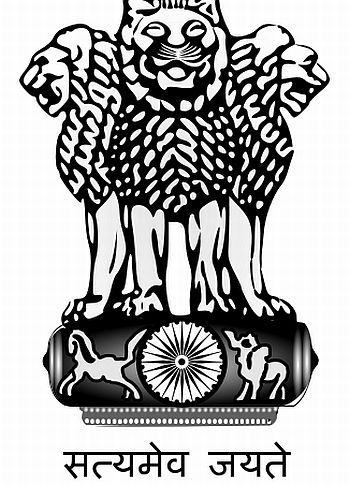
One jurist has recently opined that past experience does not show that all our Prime Ministers have been angels. I humbly submit that this also holds true of our judges. That all are not angels.
Our future experience is also likely to prove that members of the Jan Lokpal are also not angels. Independence does not make functionaries angelic.
None of us is being more loyal than the king when we seek to protect, not the individual, but the office of the Prime Minister.
Given the nature of our polity, quick-fire unsubstantiated allegations made for political mileage are likely to paralyse institutions.
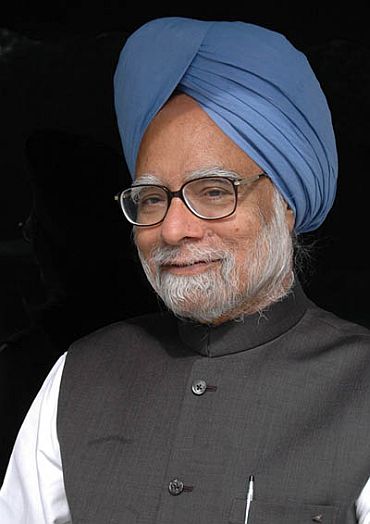
The office of the Prime Minister is the lynchpin of our Parliamentary democracy. An independent non-angelic Jan Lokpal could well destabilise the entire system and investigate a Prime Minister only to find out that the allegations were not true. That is a distinct possibility. Such an eventuality will diminish Parliamentary democracy.
Under the present system, the Prime Minister is not immune from prosecution. In a given case, when facts are in the public domain, the system will not allow a corrupt Prime Minister continue in office.
The reference to Jacques Chirac by an eminent jurist is inept because his prosecution started several years after demitting office, since the French President has immunity from prosecution while in office.
Besides, the prosecution relates to a time when he was the Mayor of Paris (1977-1995). Reference to Italy's Silvio Berlusconi is equally inappropriate.
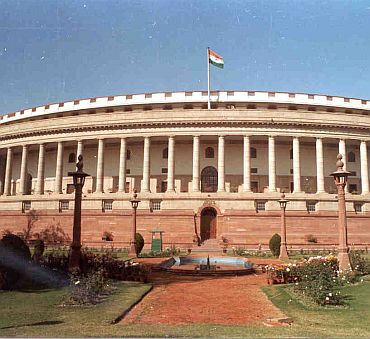
Given an unstable neighbourhood and terrorism being a real threat, weakening the Institution of the Prime Minister would be a monumental folly.
Yet another concern is the attempt by the Jan Lokpal to prosecute Members of Parliament, who are protected under Article 105 (2) of the Constitution only for speeches made, and the right to vote exercised, in the House. These are two precious rights.
To allow them to be the subject of investigation would encourage members of an intensely polarised polity to question every speech made and every vote cast.
This is hardly a recipe for a mature solution. Such a power vested in the Lokpal would again require an amendment to the Constitution.
The remedy lies with the Ethics Committees of Parliament to be far more vigilant and unrelenting in dealing with Members against whom there is prima facie proof of corrupt practices and for the Speaker to sanction persecution.
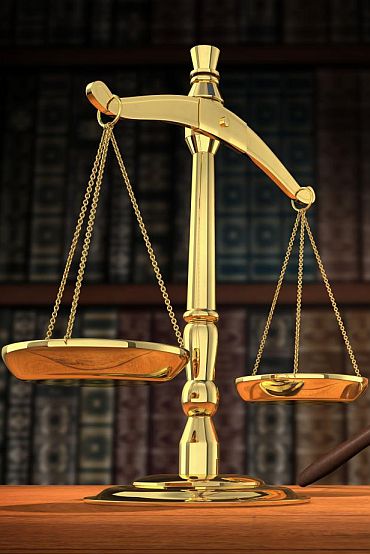
Other controversial provisions of the Jan Lokpal Bill include:
* Transferring the CVC and the anti-corruption wing of the CBI to the Jan Lokpal;
* The Lokpal under Section 5 of the Indian Telegraph Act becoming an authority, authorised to interfere and monitor messages, voice and data transmitted through telephone, internet or any other media without reference to existing legal procedures;
* Having the authority to bind the Finance Minister to its budgetary demands; issuing directions in public interest during the course of an investigation for taking action as recommended by the Jan Lokpal;
* Impose on business entities who may be beneficiaries of corrupt acts, fine up to 5 times the loss caused to the public and having it recovered from the assets of the business entity as well as personal assets of its Managing Director and others.







